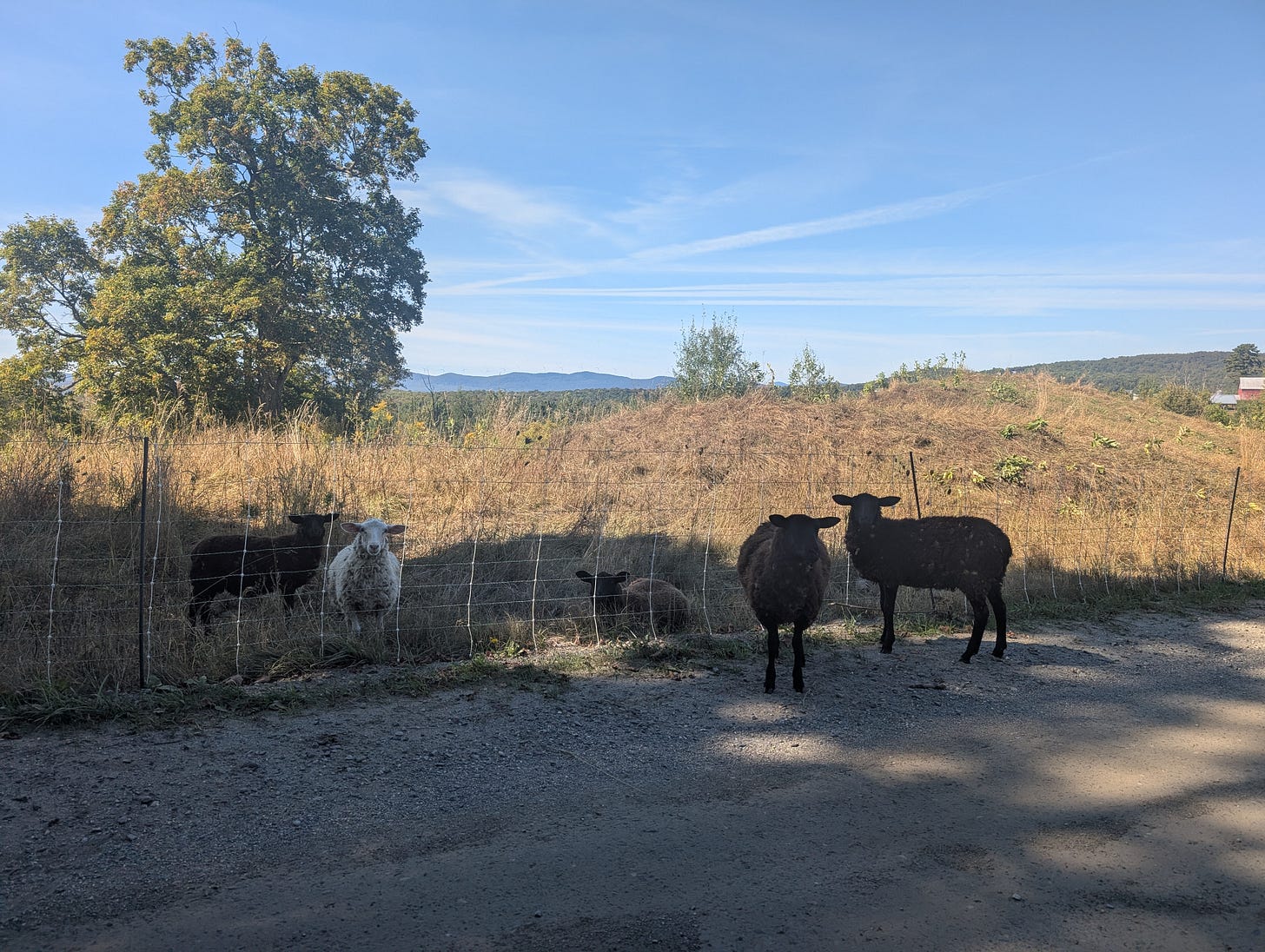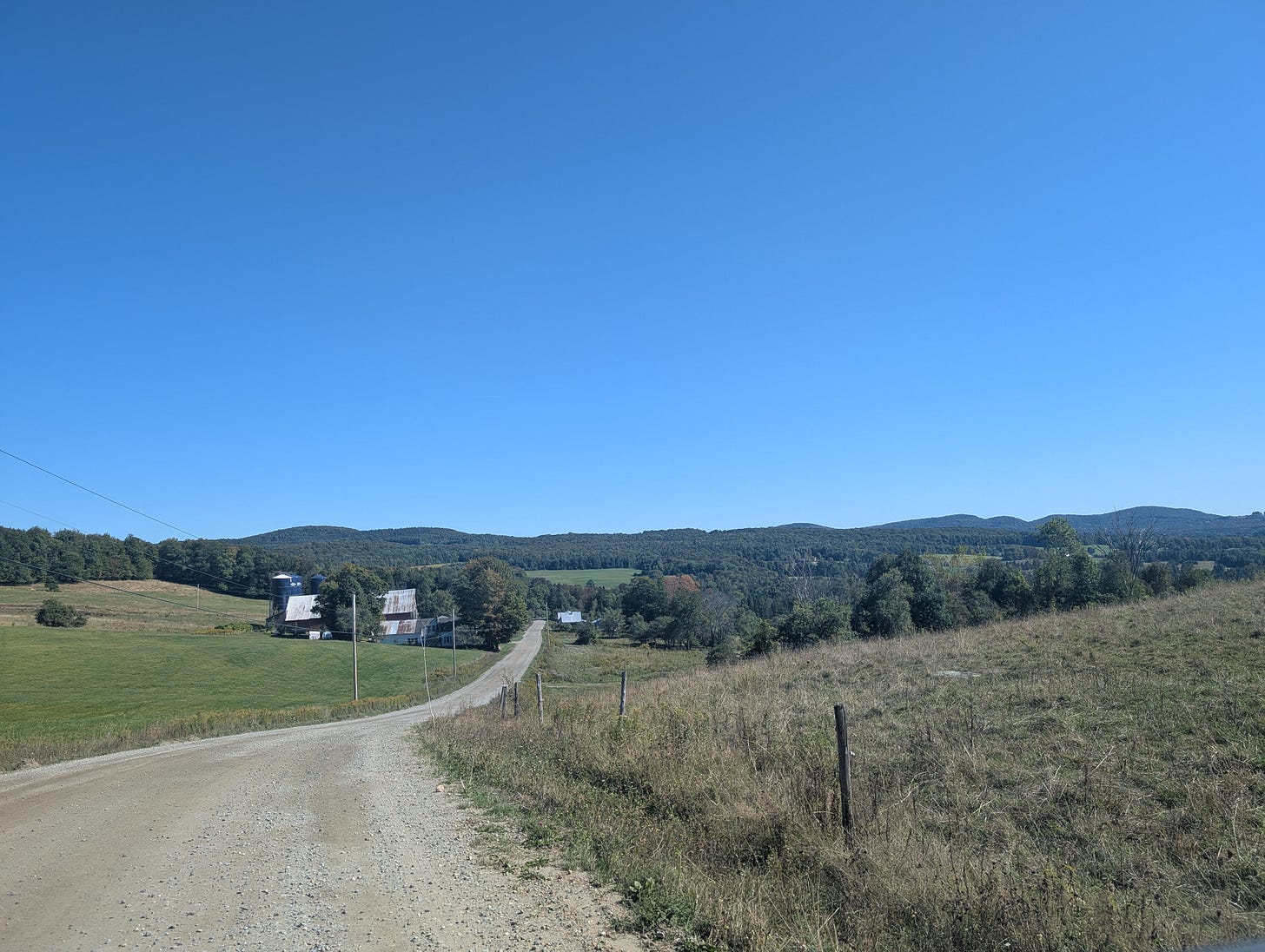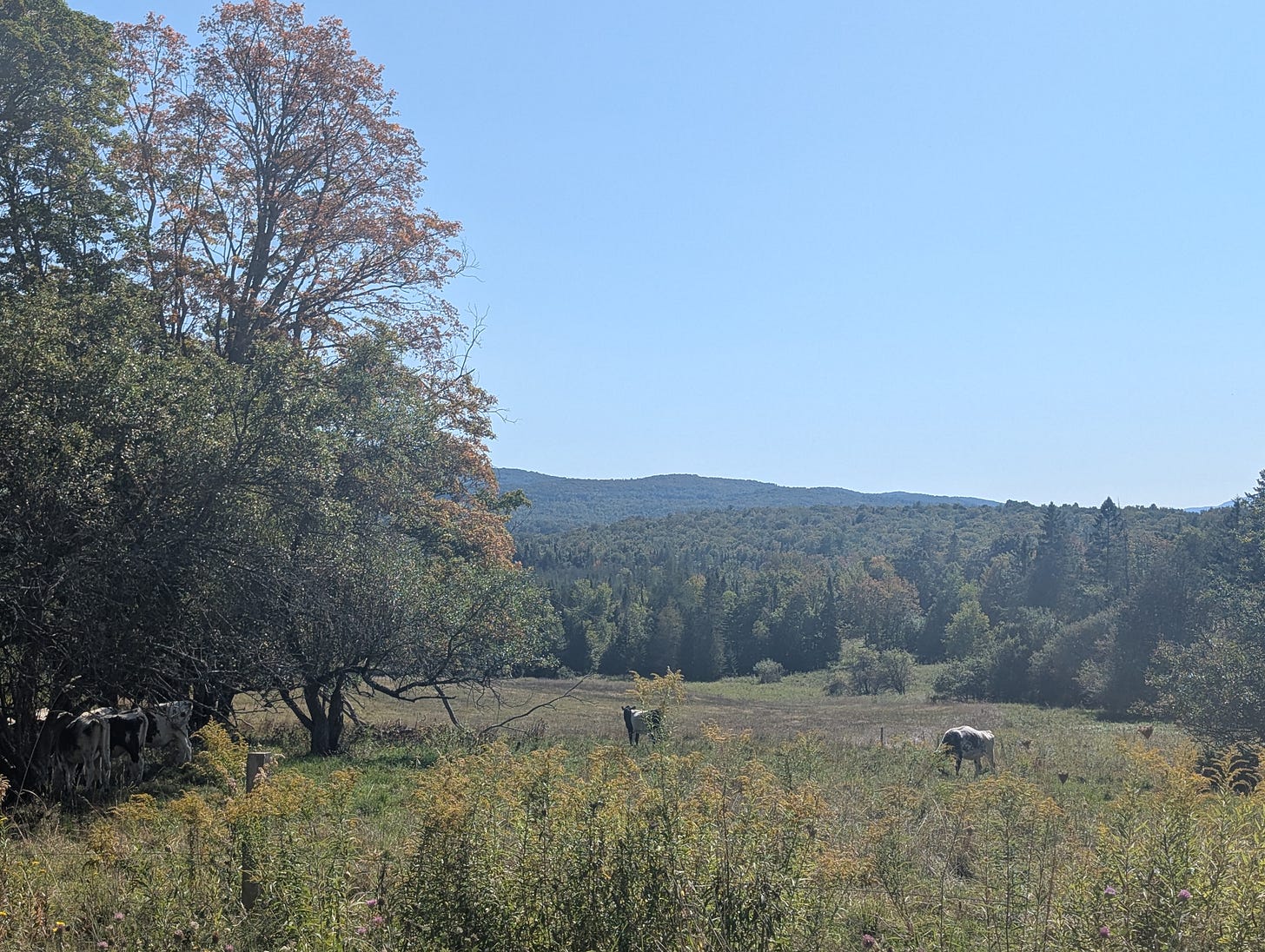The Shepherd's Voice
Returning from the noise
Indeed, I was born guilty, a sinner when my mother conceived me.
You desire truth in the inward being; therefore teach me wisdom in my secret heart.
Create in me a clean heart, O God, and put a new and right spirit within me.
Psalm 51:5-6, 10
I am grateful to Christ Jesus our Lord, who has strengthened me, because he considered me faithful and appointed me to his service, even though I was formerly a blasphemer, a persecutor, and a man of violence. But I received mercy because I had acted ignorantly in unbelief, and the grace of our Lord overflowed for me with the faith and love that are in Christ Jesus. The saying is sure and worthy of full acceptance: that Christ Jesus came into the world to save sinners—of whom I am the foremost.
1 Timothy 1:12-15
Now all the tax collectors and sinners were coming near to listen to him. And the Pharisees and the scribes were grumbling and saying, “This fellow welcomes sinners and eats with them.”
So he told them this parable: “Which one of you, having a hundred sheep and losing one of them, does not leave the ninety-nine in the wilderness and go after the one that is lost until he finds it? And when he has found it, he lays it on his shoulders and rejoices. And when he comes home, he calls together his friends and neighbors, saying to them, ‘Rejoice with me, for I have found my lost sheep.’ Just so, I tell you, there will be more joy in heaven over one sinner who repents than over ninety-nine righteous persons who need no repentance.”
Luke 15:1-7
There are weeks when something so big happens in the news that pastors feel pressure to ditch whatever it was they were planning on talking about to focus on that news. That’s one approach some will take this week with the murder of Charlie Kirk. As for me, I find that sticking to our lectionary readings and digging into our gospel text speaks to our current events better than anything I could independently say.
In a time of such hatred boiling up into violence, while we are also at the hands of algorithms designed to capture our attention and profit on our outrage, we may not want to hear church readings that emphasize repentance. But in times of great animosity, rage, and fear, this may be exactly what we need. In a time where we both need unity yet don’t really want it, perhaps we can at least be unified around the idea that we are all sinners in need of grace. Perhaps if there is no other good news that we hear this week, we can hear that all of us sinners are loved by a God who offers it to everyone.
We have a handful of readings today: this beautiful psalm of repentance from David who has committed one of the worst abuses of power that he could as a king, Paul, the murderer, rejoicing in the mercy and overflowing grace of God, and this iconic parable of the lost sheep, showing the fierce, transformational mercy of God always pursuing us if we could just hear him.
For some of us Christians, our instinct may be to hear the story of the lost sheep and think it may not apply to us, at least, anymore. A good story, but once we were lost, but now we are found. Once we were sinners, but now we are set, and it’s those other sinners that God needs to go out and find so they can rejoin our flock and get with the program. This may be especially tempting in such times. While we may intellectually believe that most people share a desire for human flourishing, even this basic societal trust trust breaks down when we see in our opponents the worship of death, as we grow keenly aware of our enemy’s sins and all the ways they are opposed to the true goodness of God. They need Jesus.
But the bad news (which preachers must sometimes give) is that if the root of sin is self-centeredness, we cannot escape it, even when we are pursuing God. No matter how we try and seek and are fervent that we are on God’s side, deep down we are all bound to pursue our own interests in the name of something holy. We all get lost by trying to create God in our image. We all impose ourselves at the expense of God’s will.
That is, after all, what violence is: the ultimate imposition of the self upon the other, the opposite of the servanthood Christ calls us to. We rightfully call murder for the evil that it is, for it is the ultimate worship of ourselves, baptized in the blood of our enemy. We all need to repent of anything that starts us down the road towards these ends.
I know most of us are not violent. I know here in Craftsbury we have people of such strong faith. But may I gently suggest that even if our faith is very firm, the gospel still speaks to us on so many different levels, from the universal, to the societal, to the family, to the inter-personal, to us as individuals, but also, within ourselves. What do I mean? I mean that whatever civil wars happen out there, there is a civil war happening within us all the time.1 Because no matter how solid your faith and trust and love of God is, there are always parts of ourselves that are still sinners. There are always parts of ourselves that are lost and need the Shepherd’s voice. We are all lost in some way.
And most of the time, the condition of our sin, or our “lostness,” is like a sheep going deeper and deeper into the woods. We respond to sin in sinful ways, trying to fix sin with more sin, trying to close our fundamental separation from God in ways that take us even further from him.
This is why we repent.
Many of us have heard about the Greek word metanoia meaning “change of mind,” but of greater significance for this passage is the Hebrew word for repentance, which is closer to return. Repentance, then, is to pay attention to the ways in which we have gotten lost and are still lost, and to go back and return to the God who loved us into being.
If we’re looking for what we can do in a time when people are hateful and making us hateful, or fearful and making us fearful, or selfish and making us selfish, the path towards de-escalation may well be true, deep repentance, returning to God with our whole beings. Perhaps one facet of Christ’s “focus on the log in your eye” teaching2 is that we cannot force someone else to return to God, but we can always take a deeper look at our own sin and see where else we need to return. I find this actually works in a practical, immediate short-term; it is hard to be simultaneously angry at someone while you are busy repenting. A finger cannot point in two directions at once. And it is hard to walk deeper into the forest of sin when you are walking back to the One from whom you came.
Where does the journey back to God begin? With our own guilt or anxiety or effort? No, like all things, it begins with God. If we want to have a hope of truly repenting, we must first know that we are loved.
This is what both John Calvin and Thomas Merton said in so many ways. Rev. John Judson (author of the site Calvin for Everyone) said of Calvin’s views on repentance, “We are to regularly examine our lives in order to see where we are falling short of God’s desires for us, and yet we are to always do so remembering that we are beloved of and chosen by God.” Or as Merton more succinctly said, “The root of Christian love is not the will to love, but the faith that one is loved.”3 In other words, it is our faith in God’s deep “yes” to us that we can say “no” to sin. The space for true change in ourselves and our world begins with the love of God. This still means justice, accountability, and consequences born of our actions, but as one pastor said, we are called to “not see the world as enemies to be destroyed but neighbors to be loved.”
No matter our faith, we all have parts of ourselves that are lost, and these are the parts of ourselves that God rejoices over most when they are found. If we want our lost selves to return to God, we must name what they are in prayer. “Lord, part of me needs help. I’m so fearful, I’m so angry, I’m so proud, I’m so lustful, I’m so greedy, I don’t trust, I don’t believe” whatever it may be. Rather than pushing and pushing and pushing to fix those things ourselves, God invites us simply to return to his love. He will seek out every part of you to heal and make whole.
Each week in church, we practice our shared Prayer of Confession together, but it’s also something we should do every day: “God, help me return these parts of me that are lost, for I want to be remade in your image; today, I want to be reshaped by your love.”
Return. Not by our effort, but by the faith that listens, for the lost sheep does not find the shepherd by its own wisdom, but by hearing the Shepherd’s voice.4 It is a noisier time than ever, with technology that makes it easier than ever to follow false shepherds that lead us to hatred, despair, pride, and so much worse.
I don’t know how we stop a cycle of hate. I just know that the Good Shepherd’s voice stands alone. He doesn’t manipulate your attention, but speaks to your heart. The lost sheep does not find him, but in a moment, finally lets itself be found. If you are consumed with rage, consumed with fear, or consumed with confusion because you don’t even know what’s clear or true or right these days, trust the good news that you don’t have to figure it out for yourself, for Christ has died that the burden of “figuring it all out” isn’t on you. The burdens of your life and the world aren’t on you. Just listen for the Shepherd’s voice, whose fierce mercy gave his life for you, who will never let you go, and who rejoices over every single sheep among us and within us. Amen.
As Paul attested in Romans 7:15-20.
Matthew 7:3-5
I was reminded of this quote by a great piece by Matthew Milliner, “Evangelicans and Zen Masters”
John 10






